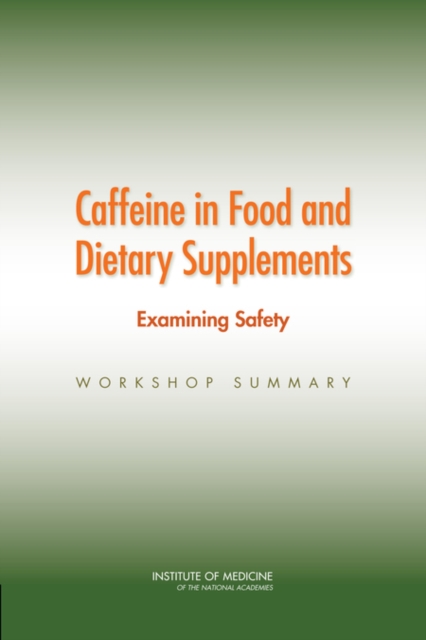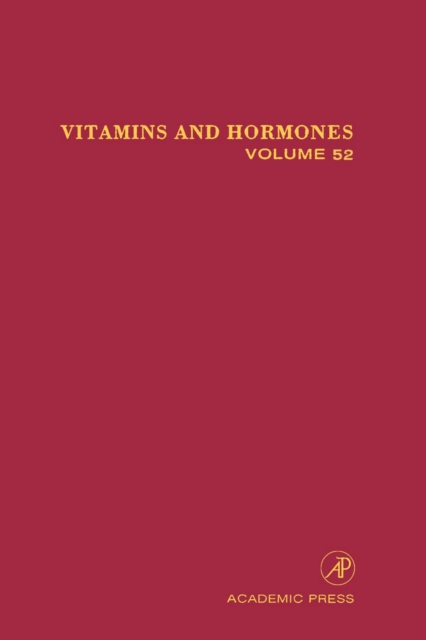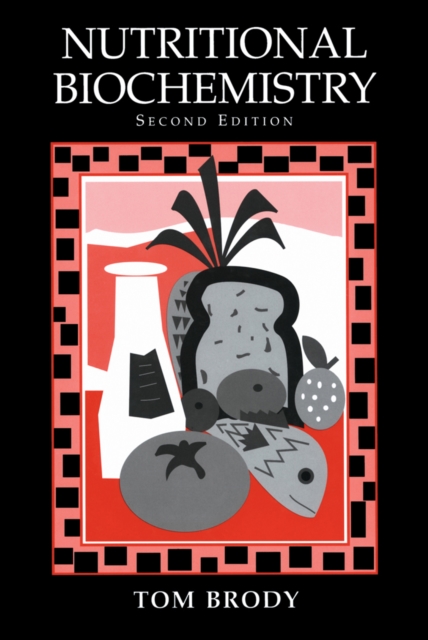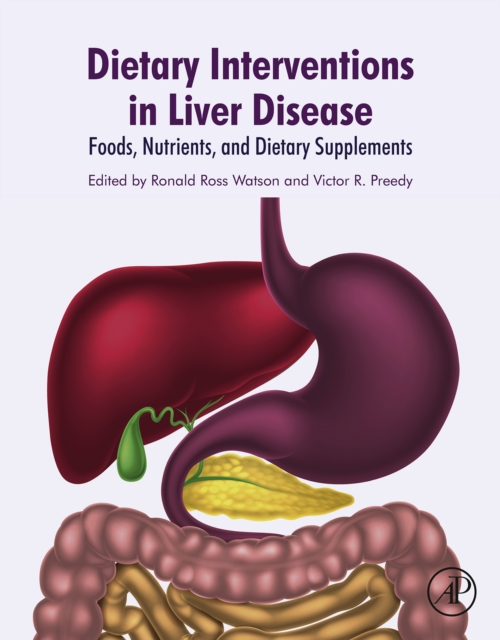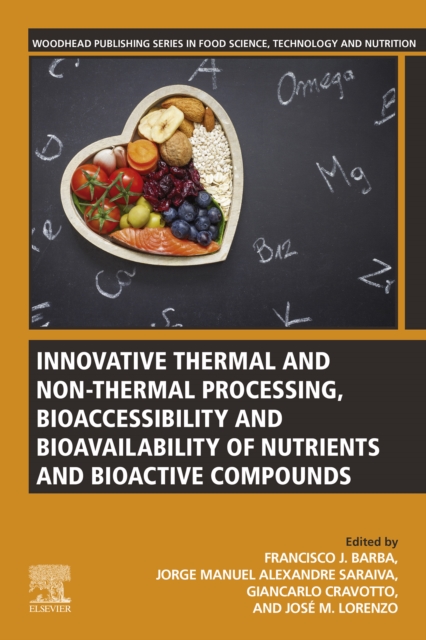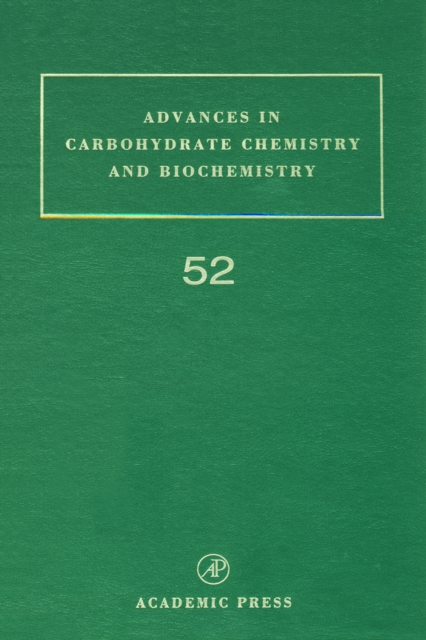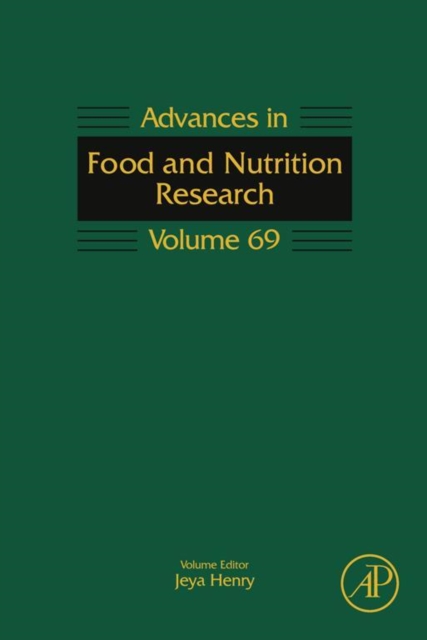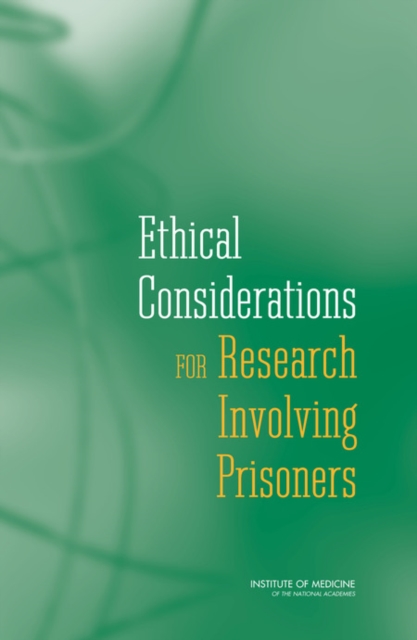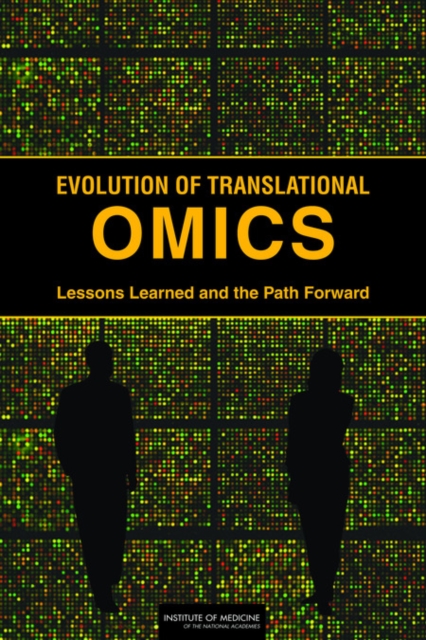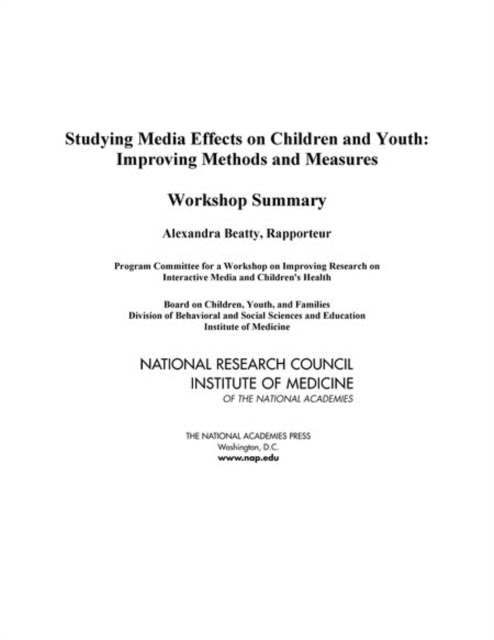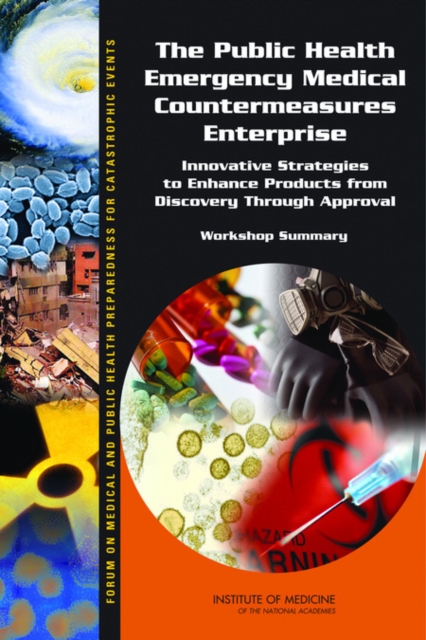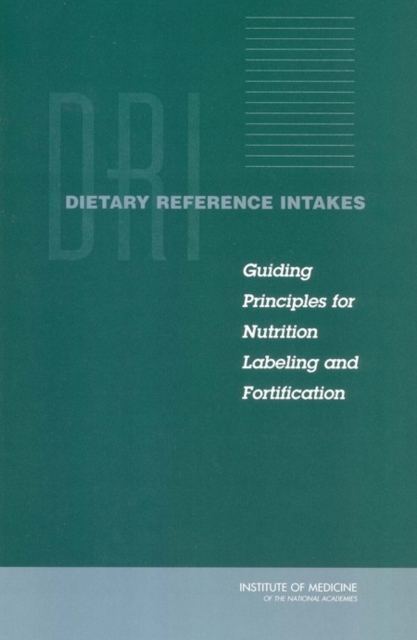Caffeine in Food and Dietary Supplements is the summary of a workshop convened by the Institute of Medicine in August 2013 to review the available science on safe levels of caffeine consumption in foods, beverages, and dietary supplements and to identify data gaps. Scientists with expertise in food safety, nutrition, pharmacology, psychology, toxicology, and related disciplines; medical professionals with pediatric and adult patient experience in cardiology, neurology, and psychiatry; public health professionals; food industry representatives; regulatory experts; and consumer advocates discussed the safety of caffeine in food and dietary supplements, including, but not limited to, caffeinated beverage products, and identified data gaps.Caffeine, a central nervous stimulant, is arguably the most frequently ingested pharmacologically active substance in the world. Occurring naturally in more than 60 plants, including coffee beans, tea leaves, cola nuts and cocoa pods, caffeine has been part of innumerable cultures for centuries. But the caffeine-in-food landscape is changing. There are an array of new caffeine-containing energy products, from waffles to sunflower seeds, jelly beans to syrup, even bottled water, entering the marketplace. Years of scientific research have shown that moderate consumption by healthy adults of products containing naturally-occurring caffeine is not associated with adverse health effects. The changing caffeine landscape raises concerns about safety and whether any of these new products might be targeting populations not normally associated with caffeine consumption, namely children and adolescents, and whether caffeine poses a greater health risk to those populations than it does for healthy adults. This report delineates vulnerable populations who may be at risk from caffeine exposure; describes caffeine exposure and risk of cardiovascular and other health effects on vulnerable populations, including additive effects with other ingredients and effects related to pre-existing conditions; explores safe caffeine exposure levels for general and vulnerable populations; and identifies data gaps on caffeine stimulant effects.
Get Caffeine in Food and Dietary Supplements by at the best price and quality guranteed only at Werezi Africa largest book ecommerce store. The book was published by and it has pages. Enjoy Shopping Best Offers & Deals on books Online from Werezi - Receive at your doorstep - Fast Delivery - Secure mode of Payment
Digital Rights Management (DRM)
The publisher has supplied this book in encrypted form, which means that you need to install free software in order to unlock and read it.
Required software
To read this ebook on a mobile device (phone or tablet) you'll need to install one of these free apps:
To download and read this eBook on a PC or Mac:
-
Adobe Digital Editions
(This is a free app specially developed for eBooks. It's not the same as Adobe Reader, which you probably already have on your computer.)
 Jacket, Women
Jacket, Women
 Woolend Jacket
Woolend Jacket
 Western denim
Western denim
 Mini Dresss
Mini Dresss
 Jacket, Women
Jacket, Women
 Woolend Jacket
Woolend Jacket
 Western denim
Western denim
 Mini Dresss
Mini Dresss
 Jacket, Women
Jacket, Women
 Woolend Jacket
Woolend Jacket
 Western denim
Western denim
 Mini Dresss
Mini Dresss
 Jacket, Women
Jacket, Women
 Woolend Jacket
Woolend Jacket
 Western denim
Western denim
 Mini Dresss
Mini Dresss
 Jacket, Women
Jacket, Women
 Woolend Jacket
Woolend Jacket
 Western denim
Western denim
 Mini Dresss
Mini Dresss



